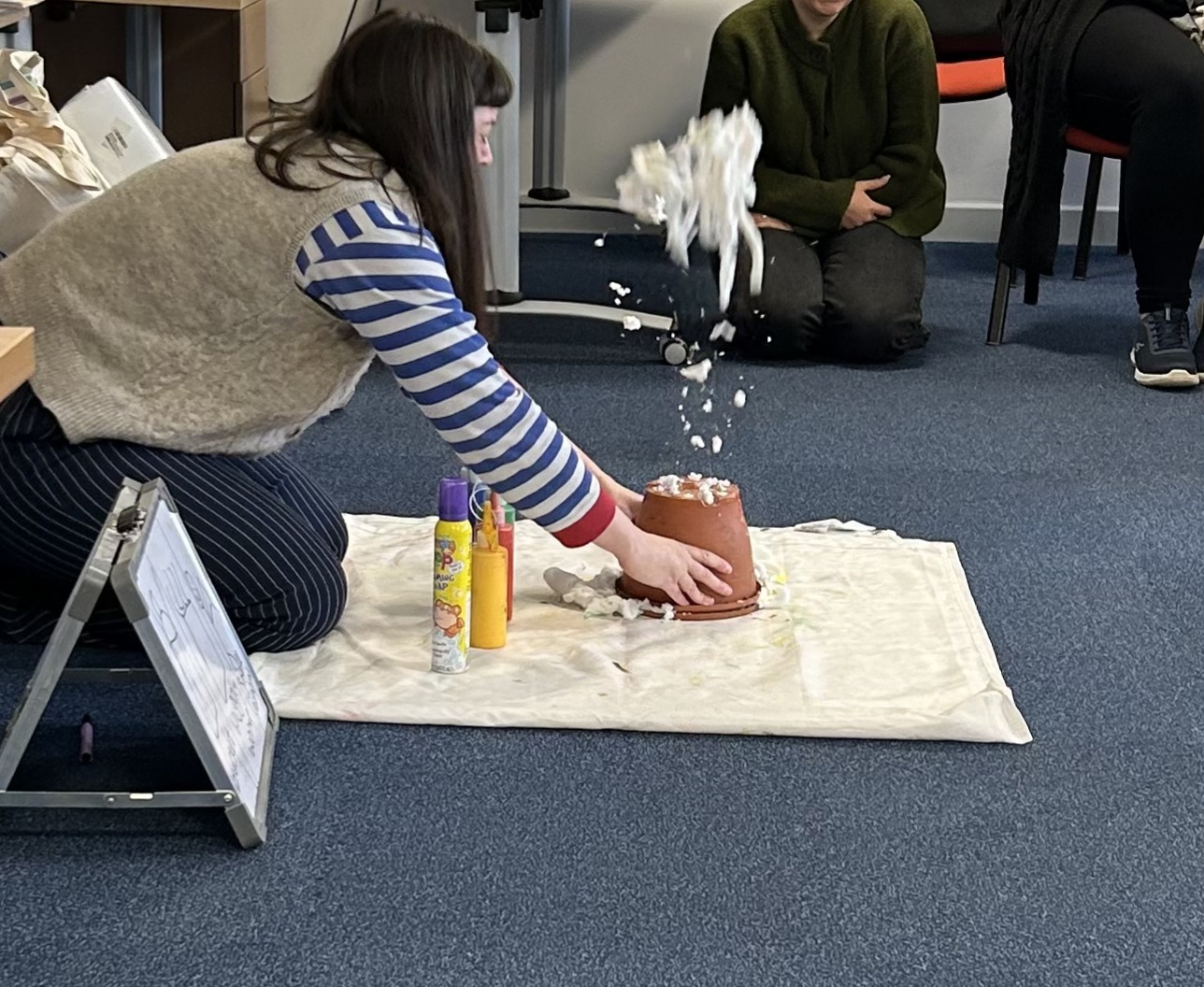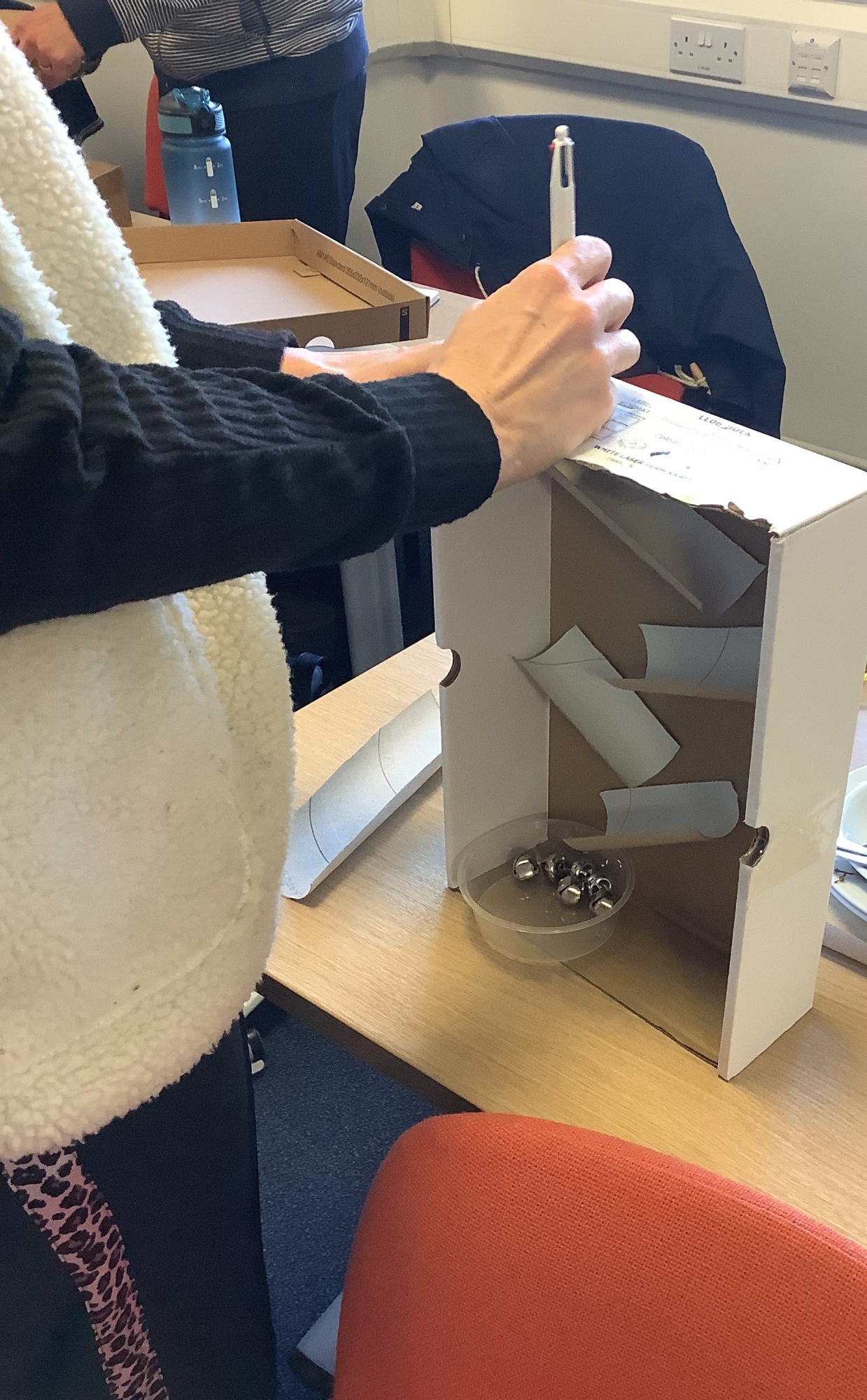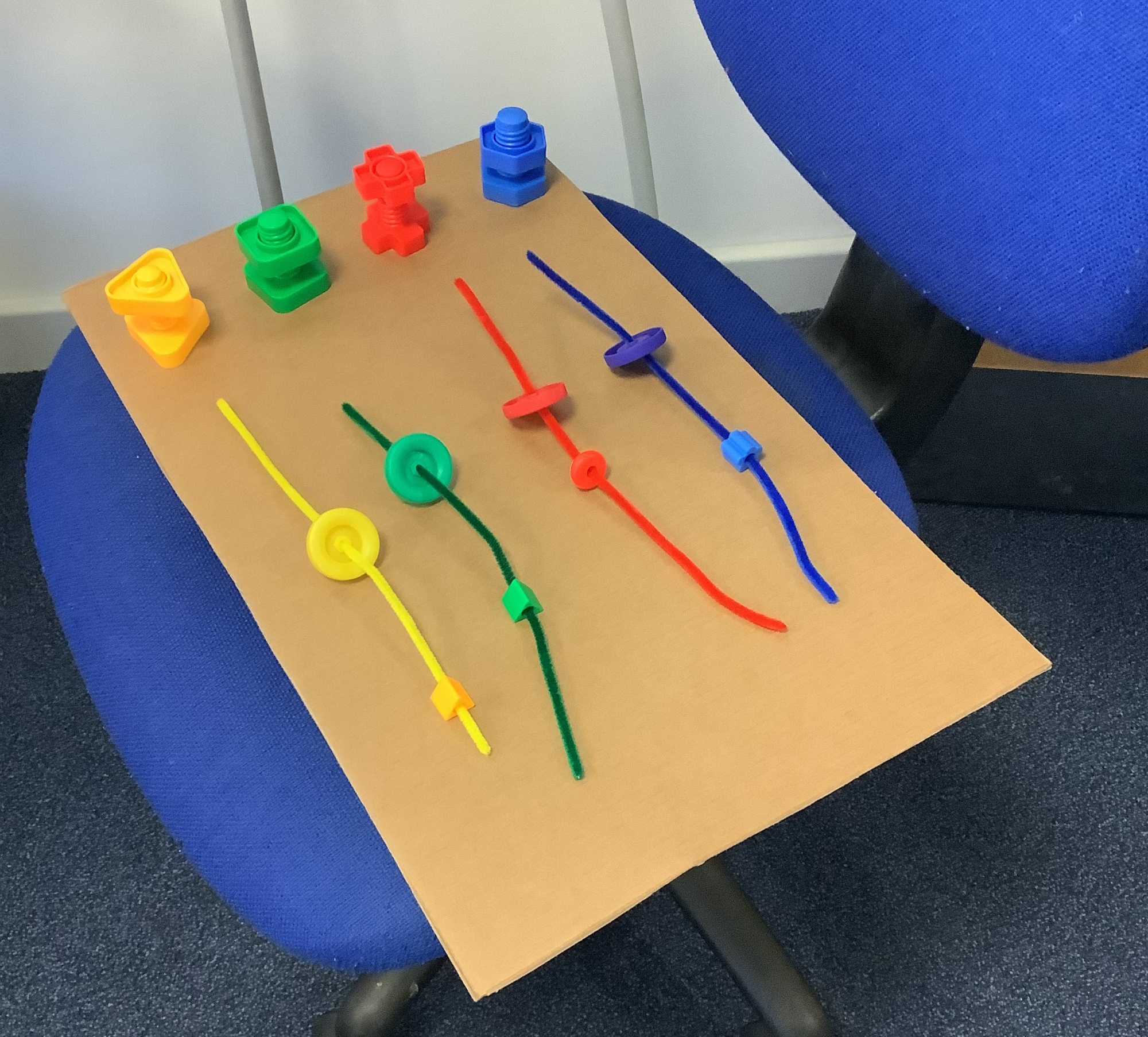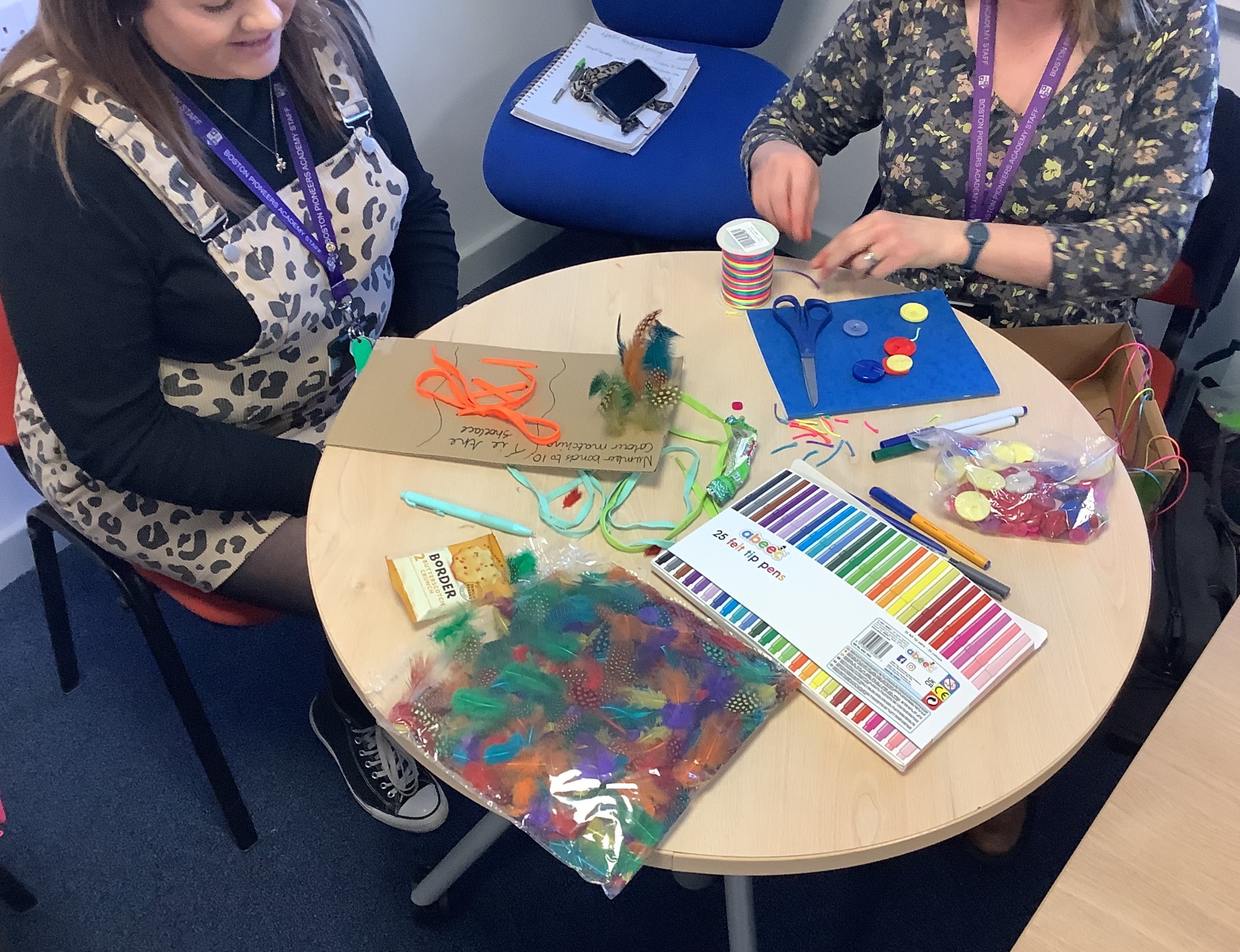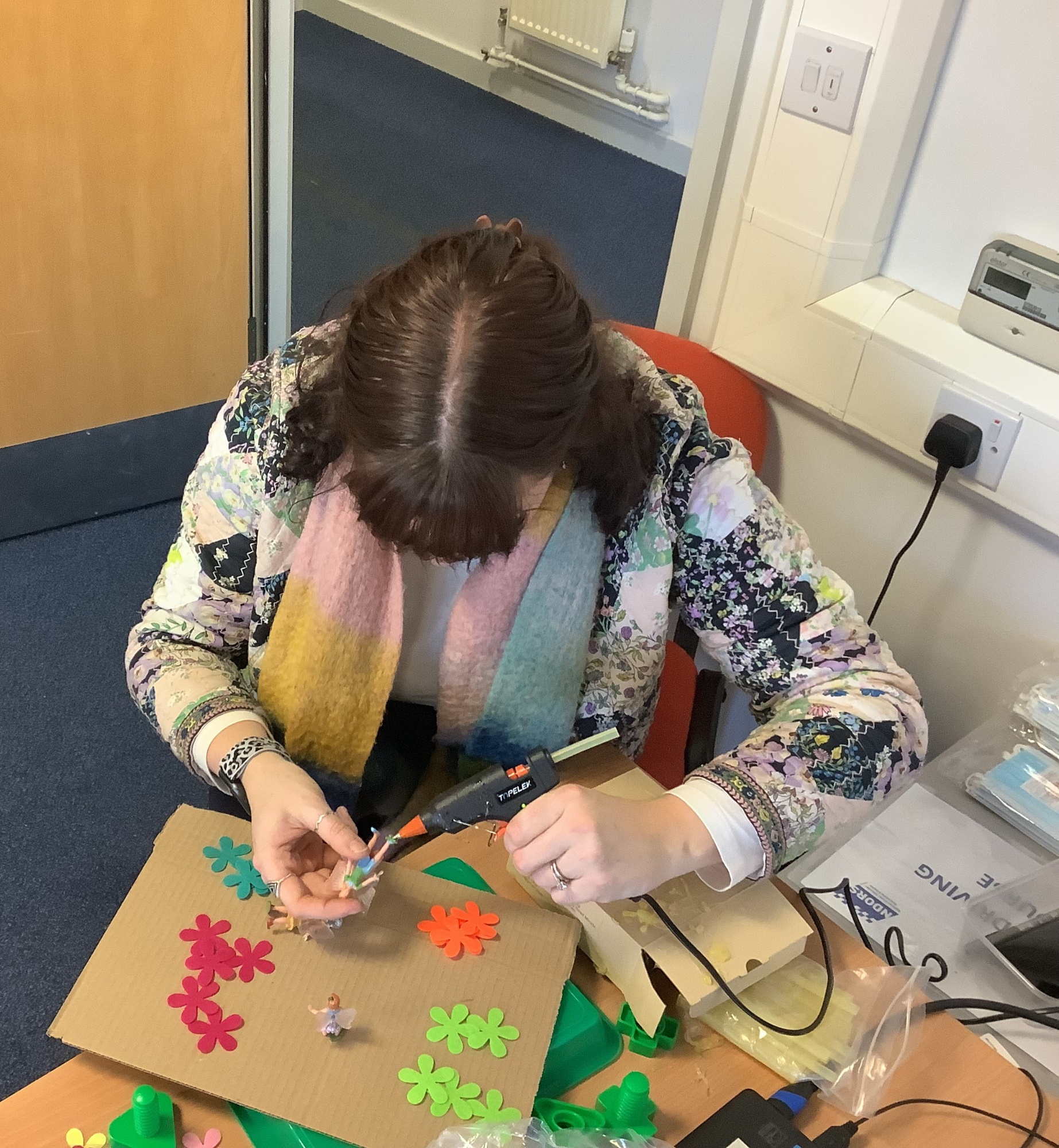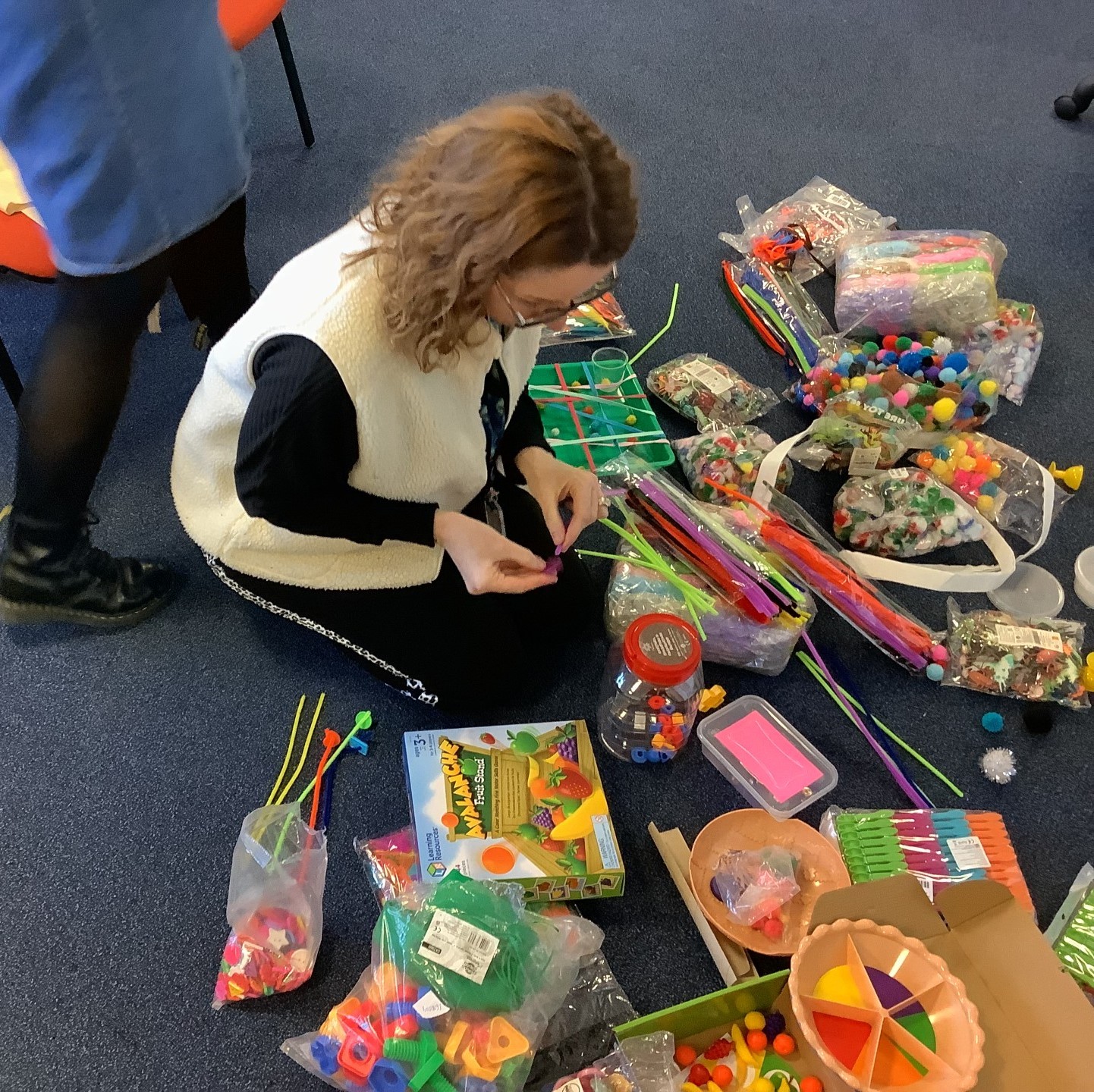Domain 4 has 1 key topic :
-
Skills for Learning
-
including Staff being better able to understand common learning styles of neurodiverse children and
-
developing the skills required to support neurodiverse children to better engage in learning and adjusting teaching practice to facilitate their engagement.
The following Training workshops support with coverage of these topics which are included in the PINS Lincolnshire Menu of support found on the main page.
PINS Effective Teaching and Learning for Neurodivergent children
-
(Will be delivered live on 4th Feb and 6th March 2025 and available afterwards via recording)-resources will be attached below in due course. Links to book have been sent to PINS schools.
If we want them to engage, we need to be engaging!
Effective Teaching & Learning for Neurodivergent Children Day for PINS at Boston Enterprise Centre
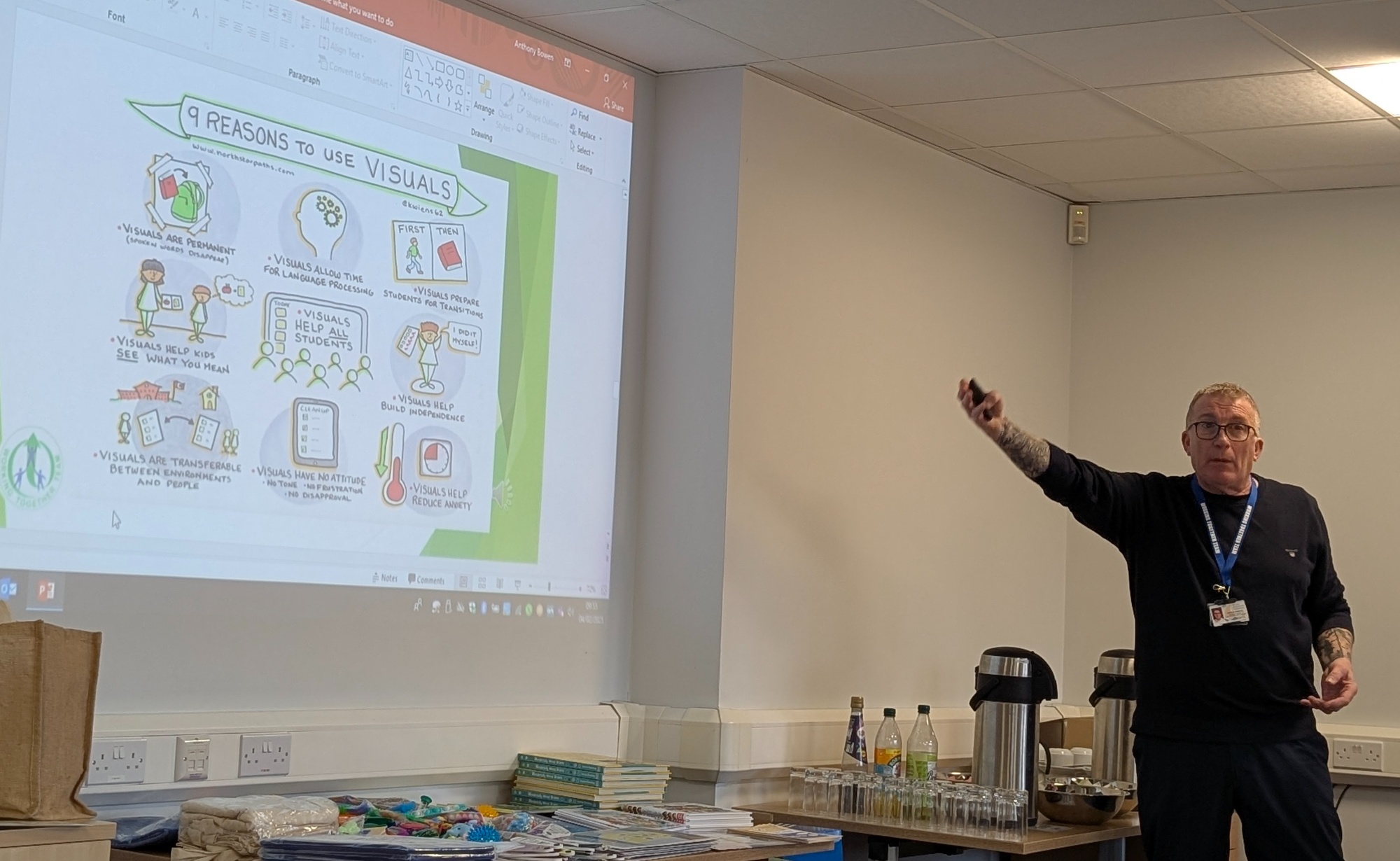
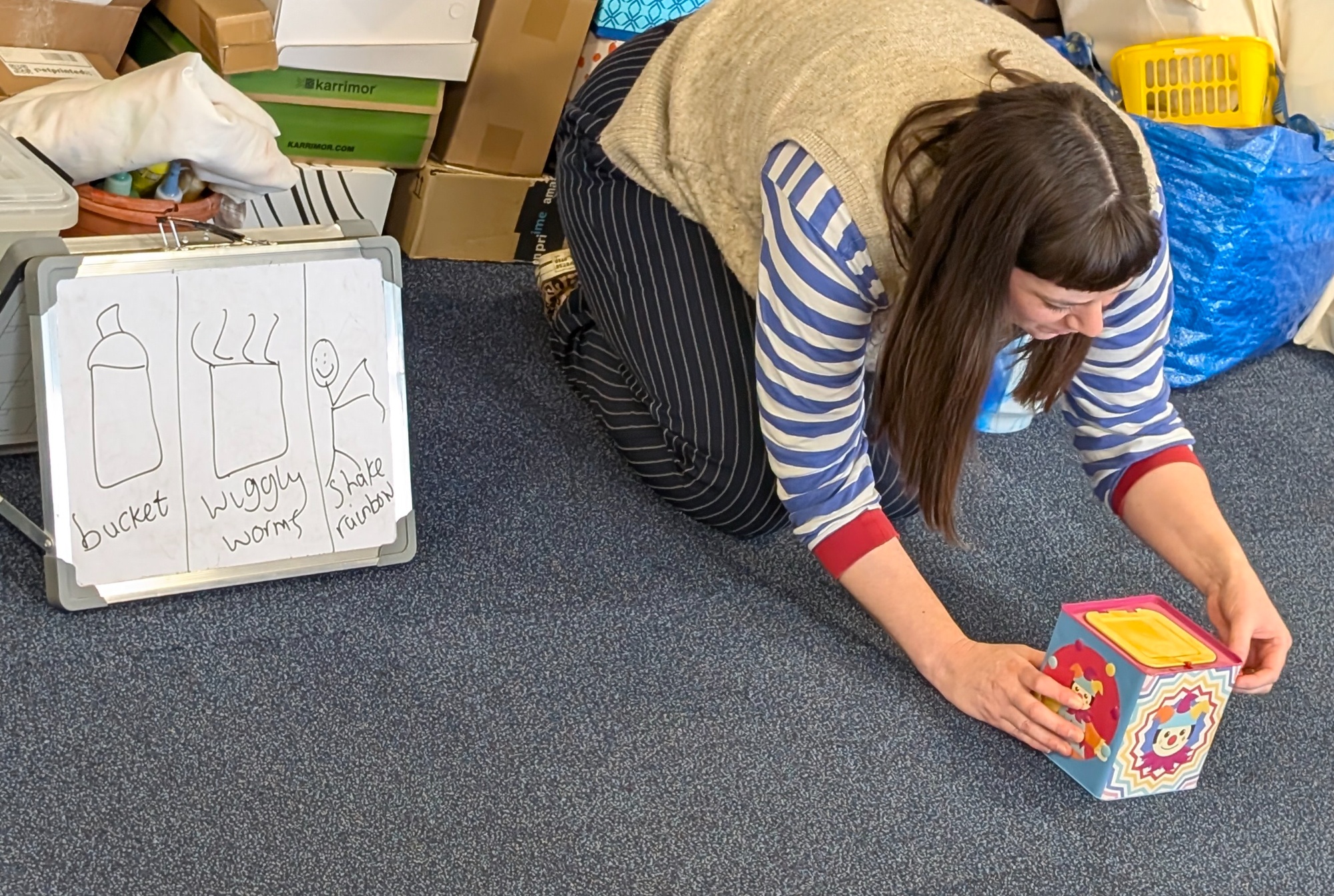

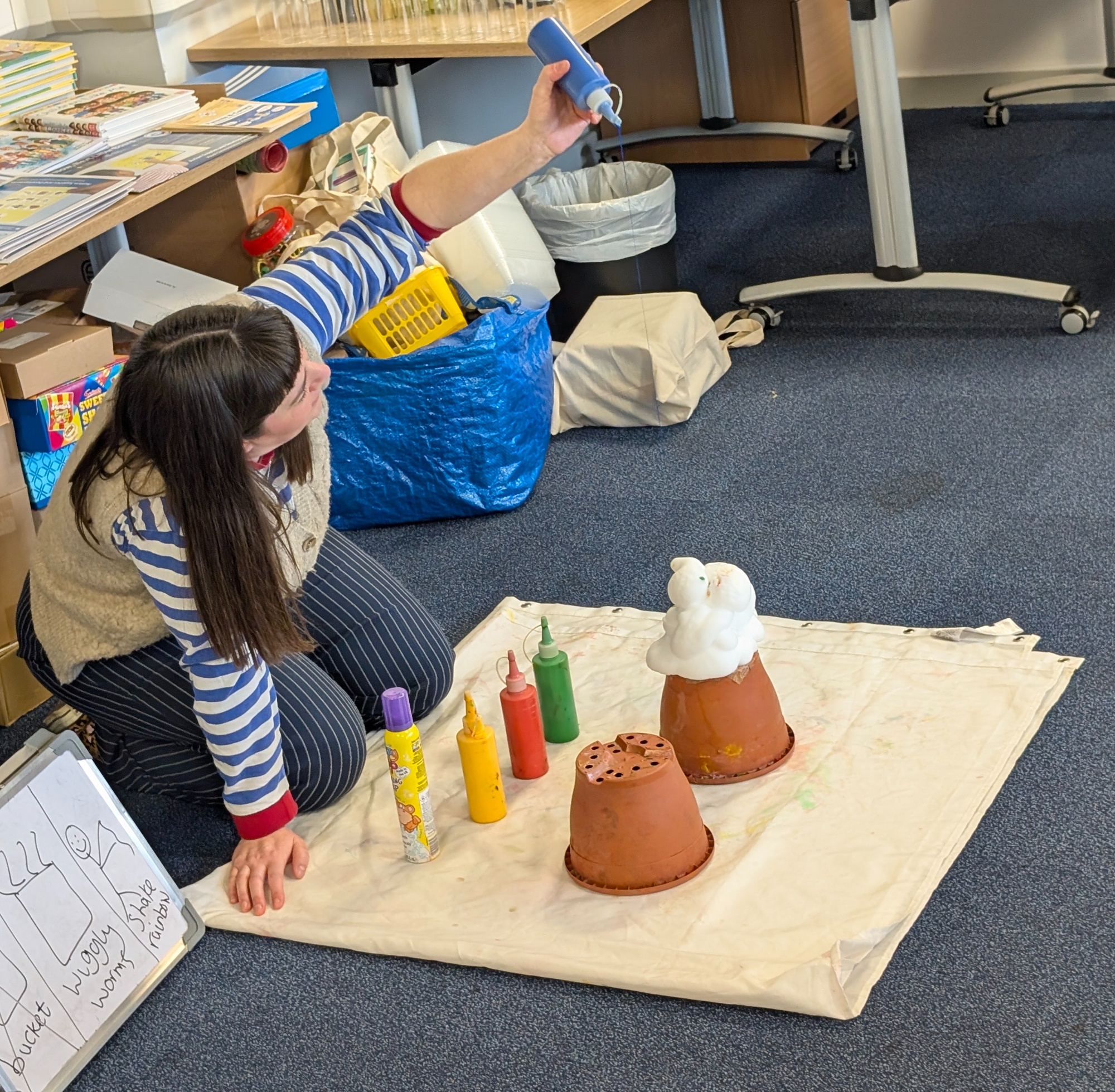
All trainings below are available via either the WTT central offer (see Training calendar section of website) or through your WTT outreach teacher:
Autism Education Trust - Good Autism Practice -Schools phase
After completing ‘Good autism practice’, delegates will be able to:
•Understand how the three areas of difference can impact the learning of autistic pupils.
•Know the importance of involving the pupil and family.
•Use approaches, strategies, and adaptations to remove barriers to learning.
•Develop knowledge about autism and the individual to inform pupil-centred planning.
Autism Education Trust - Good Autism Practice-Early Years
After completing ‘Good Autism Practice in the Early Years’, delegates will:
•Understand how autism can impact on the learning and wellbeing of an autistic child.
•Understand the importance of involving the "Team around the Child" to support the child's development.
•Consider how to remove barriers to wellbeing, participation, and learning for autistic children.
WTT Autism and Executive Functioning
- What do we mean by executive functioning?
- The key areas of executive functioning
- How do these skills affect access to learning and how can we support effectively
WTT Teaching Inference
- Inference training is a group intervention for pupils in KS1 to KS3 who decode adequately but fail to get full meaning and enjoyment from their reading. Evidence suggests one in ten pupils who decode satisfactorily, fail to get full meaning and enjoyment from reading.
- Groups will benefit from two staff members – one leading the group and another acting as a student in the group to encourage and model communication and discussion.
- Story scripts are available or you can make your own.
WTT Structured Teaching
- Exploring the basic principles of Structured Teaching
- TEACCH approach -what this is made up of and why it can be effective for autistic children
- Examples of what this could look like
Useful Links
Alice explains the TEACCH approach -link to Video

